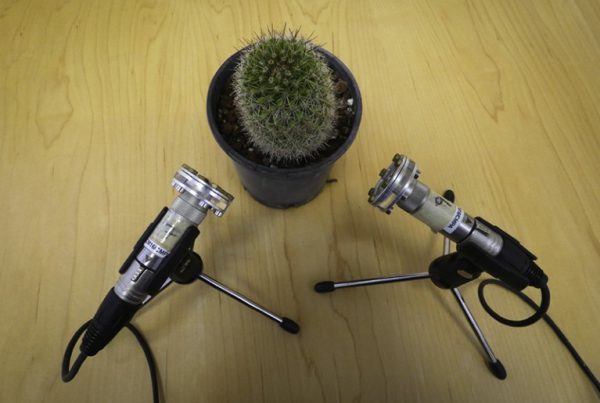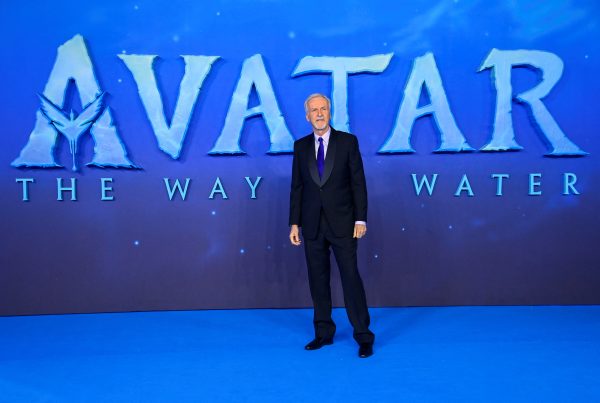In North America, as winter is fast approaches, everyone’s worried about another COVID-19 lockdown. Social isolation will once again be on everyone’s minds. AARP Innovation Labs released Alcove, a virtual reality app that enables friends and family to stay connected for Oculus Quest.
Increasingly, with extended times spent indoors, everyone can feel disconnected.
There’s only so much video conferencing anyone can do. Talking about each other’s day and feeling like you are forcing conversations may not be the optimal way to spend time with your loved ones.
Families need fun. Not everyone can play the type of video game that our children like to play. How to establish a bond between you and your mother, who might be living 3000 miles away? How to enable grandparents to take your children on adventures when they may not be able to go out because of pre-existing health conditions?
Virtual Reality Can Be Better Than Reality With Real Connections
Alcove came straight from AARP Innovation Labs to help families go on adventures together in virtual reality worlds modeled after the real world. As we venture further into all corners of the world, the idea is that as the world is feeling closer to us day-to-day, we live our lives together and apart, distributed on different continents and in other countries.
Video conferencing doesn’t connect us on a human level. It’s playing together or having shared experiences in the world that connects us and brings us closer together.
Rick Robinson, Vice President of AARP’s Innovation Labs, says, “Alcove allows people to truly break down the barrier of isolation is pretty remarkable. Some people naturally question whether it’s too complicated or advanced, but based on feedback and our extensive testing with consumers young and old, that’s not the case at all.”
Robinson suggested that Alcove allows for a much richer way to communicate with one another than current video chat experiences.
“On Zoom or other video chat, you can catch up and talk about your day in a very flat way while in VR you can do so much more— you can meditate together and travel the world together. You can play games in a completely immersive way.”
In the virtual reality world, instead of being immersed inside one experience together, logistically, it’s easy to switch between experiences. This allows family members to explore different experiences to find what they like the best. Repeating experiences is easy. For instance, building a group meditation habit between a few adult family members is easy and feels immersive.
Robinson says, “It is an environment that we like to refer to as your family corner in VR, primarily because of the aesthetic. When you enter, you feel like you’re in a home with different rooms you can walk through, taking in all kinds of experiences that surround and envelope you.”
Although everyone has an avatar inside Alcove’s virtual worlds, the worlds are modeled after real worlds with 360 immersion. With heightened sensory experiences inside the VR world, the experiences can feel calming, soothing, and emotional. This helps to form real bonds between family members.
Cezara Windrem, Innovation Catalyst at AARP Innovation Labs, and Creator and Producer of Alcove, says, “The U.S. military has been using this for a couple of decades now for simulation and training. Now VR and AR are being used a lot more for high-level simulation training, educational programs, and more across industries because of its potential to create new worlds and immerse you in them in a way that can create new memories and allow your brain to make new and deeper connections with the content around. So, we’re looking at VR as this complete 360-degree canvas that you are immersing yourself into, and it can be painted with any data information or media. And what’s more, you can bring people in there and connect.”
Starting With Comfort, Then Branching Out Into The World of Health and Wellness
When you look at how humans connect, comfort and safety are usually the foundations for real connection. This is why Alcove purposely designed the 360 immersive experience to start from the home’s foundation, where most of us find safety and security. It is also designed to engage family members who might be consistently living in their worlds inside the same house.
Windrem says, “Think of Alcove as a magical space that is built at a human scale. You walk in, and by walking in, I mean, you put your headset on, and you’re in, and you’re looking around, and you feel at home because the environments are built to connect with what you’re used to on a daily basis. There’s a more modern feel to it. As you started walking around on your own or with your dear ones, inside there, you can start navigating and going into different rooms, which are not your regular home environment rooms, but magical spaces that bring amazing experiences to life.”
In the U.S., one of the most significant childhood moments bonding with family is to play board games such as checkers, go fish, etc.. While playing, you are talking with your family, you are cracking jokes, and leaning into joyful moments. Alcove sets the scene for real bonding time with your family.
Cezara Windrem adds, “Alcove is a family platform. We’re hearing from virtual reality gamers and non-gamers that Alcove is an amazing place to connect with their family members. People from across all age groups are enjoying it.”
Alcove’s focus on health and wellness allows families to think mindfully about building a collective healthy lifestyle. Families can build healthy habits together inside experiences within the app. They can also watch out for one another and create emotional bonds linked to health and wellness experiences.
Windrem says, “While Alcove is not a clinical tool, socialization, or lack of socialization, can be a contributor to dementia and other similar issues. It’s logical that if you could provide a tool that promotes socialization, it could help reduce the risk of dementia.”
Where Does VR Go From Here?
As virtual reality applications move away from gaming into helping people improve their daily lives, people will use it to build a healthier lifestyle and stronger connection to each other and the world around them. As technologies progress, more immersive experiences will involve the integrating different technologies: virtual reality, augmented reality, artificial intelligence, and holographic. It presents a new frontier for technologists to experiment and create new mediums to improve people’s lives.
Windrem says, “VR can bring human connection to whole new levels—through its power to connect people with each other and the world in immersive ways, which may have been impossible in the past through traditional mediums. This is particularly relevant today, as our society battles the pandemic, social distancing separates us physically from our loved ones, and more and more adults experience social isolation and loneliness because of it.”
Source: Can Virtual Reality Help Us Connect Better During The Pandemic?













